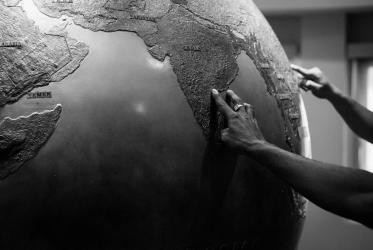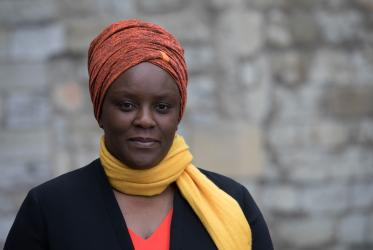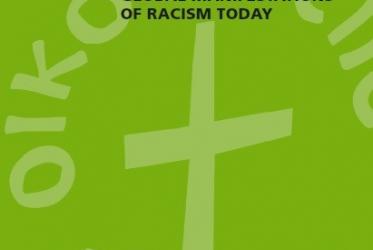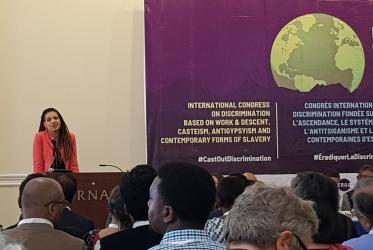Displaying 1 - 20 of 116
18 December 2023
NIFEA group calls for reimagined global financial alternatives
21 September 2023
Water and justice at the WCC 11th Assembly
20 July 2022
Upcoming webinar will focus on COVID-19 and caste discrimination
24 February 2022
Webinar will highlight “People on the Move: Solidarity and Advocacy”
05 November 2020
Ecumenical Review focuses on “Global Manifestations of Racism Today”
27 February 2020















